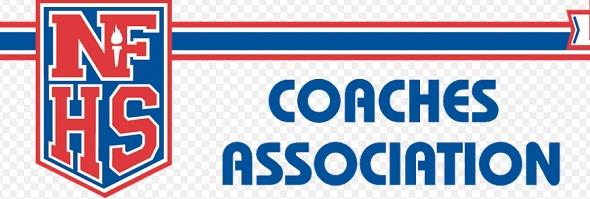
Educating for Educational Athletics
October 11, 2013
Michigan’s educational tradition of local control (which the MHSAA has respected) and Michigan educators’ distaste for unfunded mandates (which the MHSAA has consistently opposed) have had the result of keeping Michigan schools in neutral while schools in many other states have been in high gear to enhance training for interscholastic coaches.
Multiple levels of coaching education and even licensing or certification of coaches is now standard operating procedure in many other places. In contrast, Michigan has had almost no requirements for school-sponsored coaches.
However, in measured steps, change is coming to Michigan to promote an interscholastic coaching community better equipped to serve student-athletes, with special attention to health and safety:
-
As a result of an MHSAA Representative Council vote last March, all high school level assistant and subvarsity coaches must complete the same rules and risk minimization meeting requirement as high school varsity head coaches or, in the alternative, must complete a free health and safety course linked to or posted on MHSAA.com. This takes effect in 2014-15.
- In December, the Representative Council will vote on a proposal to require all high school varsity head coaches to hold valid (current) CPR certification. This would take effect in 2015-16.
- In March, the Council will vote on a proposal to require all persons who are hired for the first time as an MHSAA member high school varsity head coach after July 31, 2016, to have completed Level 1 or 2 of the MHSAA Coaches Advancement Program.
Implementing these policies over the next three years will not advance Michigan schools to the head of the class with respect to assuring school coaches receive ongoing education in the critical coaching responsibilities dealing with participants’ health and safety. This will, however, move our schools from a near failing grade to average, from D- to perhaps C.
Ultimately, we will need to overcome legitimate concerns for adding to the difficulty of finding and affording coaches, and do much more to assure the programs we sponsor deserve the label “educational athletics.”

Brother Rice's Venos Honored by NFHS
January 12, 2018
By Geoff Kimmerly
Second Half editor
One of the most successful boys swimming & diving coaches in MHSAA history was honored Thursday by the National Federation of State High School Associations (NFHS) Coaches Association.
Birmingham Brother Rice’s Michael Venos was recognized as the National Coach of the Year in his sport after leading the Warriors to a fourth-straight Lower Peninsula Division 1 championship last winter.
The following brief bio includes Venos’ coaching philosophy, which he was asked to submit after being identified as a candidate for the award.
 Mike Venos is in his 34th year coaching and 21st at Brother Rice, including his 20th as the head of the Warriors program. He has coached 12 individuals MHSAA Finals champions and 15 relay Finals champions, with a record 19 straight Detroit Catholic League team championships. He has been named Class A/Division 1 Swim Coach of the Year by the Michigan Interscholastic Swim Coaches Association four times. Venos also led the Farmington Hills Mercy girls swimming & diving team to the LPD1 championship in the fall.
Mike Venos is in his 34th year coaching and 21st at Brother Rice, including his 20th as the head of the Warriors program. He has coached 12 individuals MHSAA Finals champions and 15 relay Finals champions, with a record 19 straight Detroit Catholic League team championships. He has been named Class A/Division 1 Swim Coach of the Year by the Michigan Interscholastic Swim Coaches Association four times. Venos also led the Farmington Hills Mercy girls swimming & diving team to the LPD1 championship in the fall.
“Very simply stated, it's never about winning. It's about being the best. I am fortunate enough to be able to coach young men and women who just happen to swim. My mission in life is for them to be able to take the lessons they learn from our sport and apply it to their lives. I understand that our parents have their children involved in swimming for more reasons than just to swim fast. I believe that no one person is more important than the team and I want my student-athletes to understand that they are part of something larger than themselves. I don't measure our success by wins and losses, but by how our young men and women go out into the world and represent their team by applying what they have gained from our sport in the daily aspects of their lives.”
The NFHS has been recognizing coaches through an awards program since 1982. Winners of NFHS awards must be active coaches during the year for which they receive their award.

